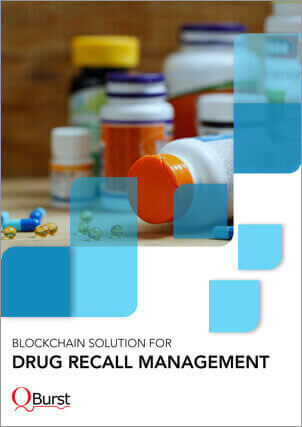Share your requirements and we'll get back to you with how we can help.
Thank you for submitting your request.
We will get back to you shortly.
Blockchain Solution for Drug Recall Management
Client
Our client is a US-based multinational pharmaceutical company that manufactures and sells medicinal formulations and active ingredients across 40 countries.
Industry
Pharma
Offering
Drug recalls affect hundreds of pharmaceutical companies every year impacting sales, customer relationships, and supply chain operations. The existing centralized models do not address issues surrounding traceability and recall. Products in the pharmaceutical supply chain move through multiple intermediaries before reaching the consumer, making the recall process complex and cumbersome. Emerging technologies, such as blockchain, offers pharmaceutical companies the opportunity to drive efficiency across the supply chain. In an effort to create a transparent environment for information access, a leading pharmaceutical company wanted to implement a blockchain solution to ensure accountability at the distributor level.

